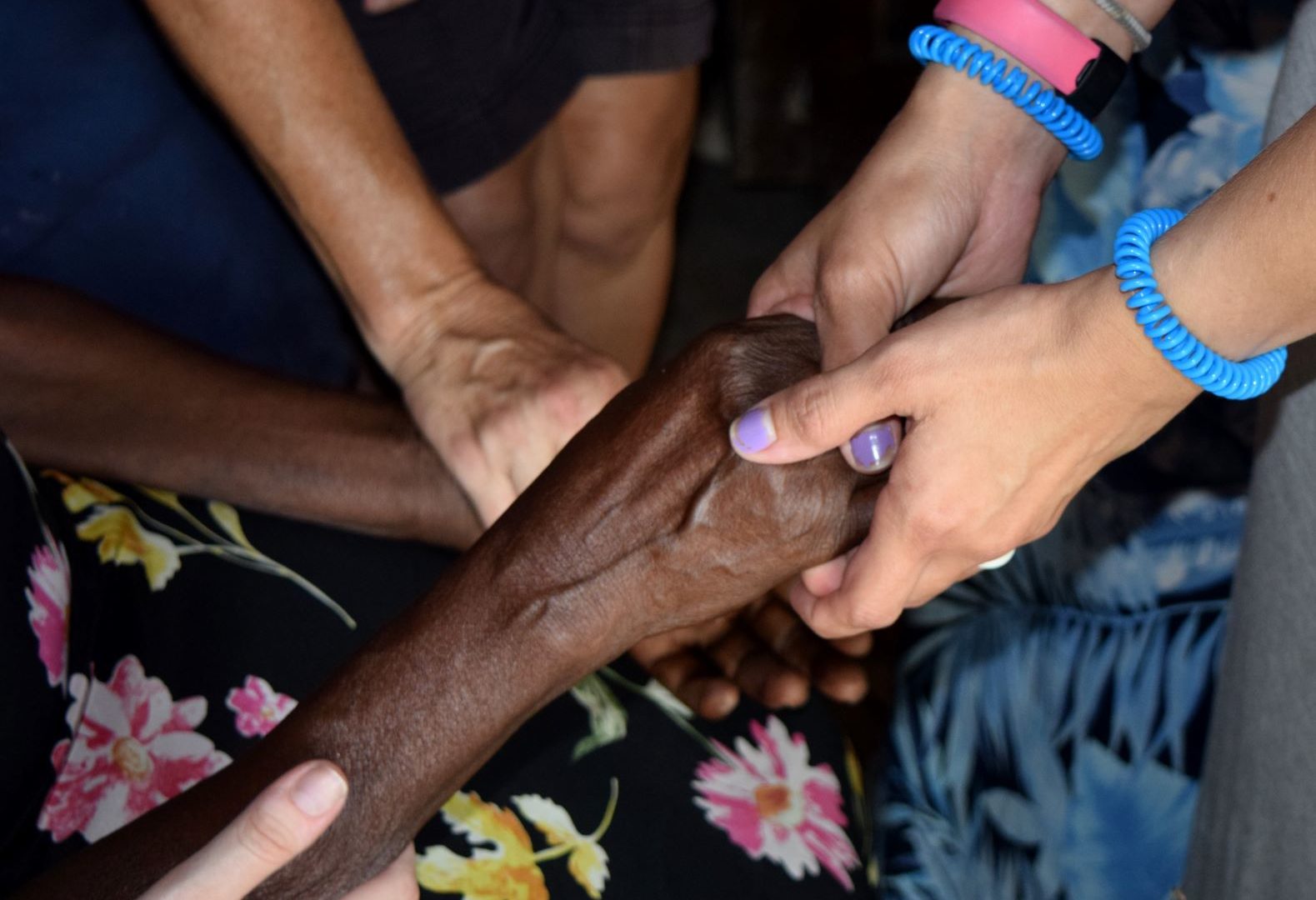By Zac Condie
Preparing your group for a mission trip requires significant planning and attention to detail. From fundraising to airfare to packing lists, there are a lot of boxes that must be checked off before you can mobilize your team to serve in a different context. It’s easy to get so caught up in what has to be done that we sometimes miss out on what should be done.
- Cast Vision for Your Team
If you fail to cast vision for your students, they are going to come up with their own criteria to evaluate success. When students have the wrong goals in mind, they can quickly become discouraged and frustrated if their expectations aren’t met and might even consider the trip to be a failure. We need to help them understand the goals of the trip and what success looks like.
First, we all need to understand that a mission trip is more about the long-term impact than the short-term ministry. Hopefully what you are doing in the short-term is connected to long-term strategy, and the local churches or missionaries will follow up and build upon what you’ve done. As Paul wrote in 1 Corinthians 3:6, “I planted the seed, Apollos watered it, but God has been making it grow.” Sometimes we plant seeds and sometimes we water them, but we haven’t failed on our trip simply because the growth doesn’t happen while we are around.
This leads to a second important principle—the results of our ministry are not in our hands, but in God’s hands. We must not confuse our role in ministry. God expects us to be faithful to Him and to His Word, and that’s our primary responsibility. But at the end of the day, we can’t bring anyone from death to life—that is God’s responsibility. We plant and water the seeds, but God brings the seed to grow. We do our part and remain faithful, and we leave the results to God. If we have served him faithfully, let’s consider that a success.
If your team doesn’t have a solid understanding of these principles, don’t be surprised when their unmet expectations about the short-term trip turn into frustration.
- Prepare Your Students Spiritually
The No. 1 frustration we hear from missionaries about their short-term teams is that students and adults show up for a trip and aren’t ready to share the gospel. We’ve missed the mark if we do everything required of us to go on a mission trip, yet show up unprepared to be ambassadors for Christ and proclaimers of his gospel. As group leaders, we must prepare our team members to be ready to share the gospel.
There are numerous evangelism techniques and strategies that you could use to train your students. The important thing is not which strategy you use, but that your students gain confidence with some type of gospel-sharing technique that is faithful to God’s Word. There are plenty of resources online that teach some of these approaches. Find one that feels like a good fit for your team, and make sure each of person is ready and confident to share the gospel with someone in some way.
One thing to watch out for: Many Christians think that if they can articulate their testimony in some capacity that they can share the gospel well, but this is not necessarily true. Our testimonies can often be long-winded, full of confusing church language (especially in a foreign context), and lacking Scripture and biblical truth. By no means is sharing your testimony a bad thing, but we must be critical of what we are saying and consider how faithfully we are pointing the recipient to the truth of Christ.
As a group leader, it is your responsibility to make sure everyone on your team is ready to share the gospel.
- Set Up a Prayer Network
Renowned missionary Samuel Zwemer was known as “the Apostle to Islam” and spent his entire ministry seeking to love and share Christ with Muslims. As the author of numerous books, he left behind many nuggets of wisdom, but one of the most profound things he said was this: “The history of missions is the history of answered prayer.” In other words, he recognized that any success he saw in the mission field had already been ordained by God above. If we believe this is true, it should drive us to our knees in prayer as we look ahead to our mission trips.
This starts with the personal prayers of everyone going on the trip, but take it a step further and think about ways you can connect your whole church to be prayer partners for your trip. Create prayer cards for each person on your trip and distribute them to other small groups and individuals in the church. Make sure that each person has multiple levels of prayer support. Encourage those praying to find ways to affirm the ones for whom they are praying. How cool would it be on the morning of the trip if all of those prayer warriors showed up in the church parking lot to circle around your team members and pray over them before you head off?
The task of missions belongs to God, and we are dependent on him if we want to see fruit. Let’s be a people who seek him in prayer and invite those around us to do the same.
- Help Your Students Process Their Trip Experience
My pastor used to challenge our congregation that if we would spend one week a year ministering in a foreign context, it would radically change the way we live the other 51 weeks out of the year. Simply put, a mission trip is a formative life experience for most people. It will open our eyes to the world around us, put things into perspective for us, and help us see the world how God sees the world instead of only through our own cultural lenses.
It is not difficult to see that God not only works through team members, but he also works in team members. Because of this, we need to help our students make the most of their mission trip experiences. Equip them with resources to help them process their trip and help them draw near to God through his Word.
Zac Condie is the director of Servant Life, a mission-mobilizing ministry providing dynamic short-term mission trip experiences for students and church groups, www.servantlife.com.







